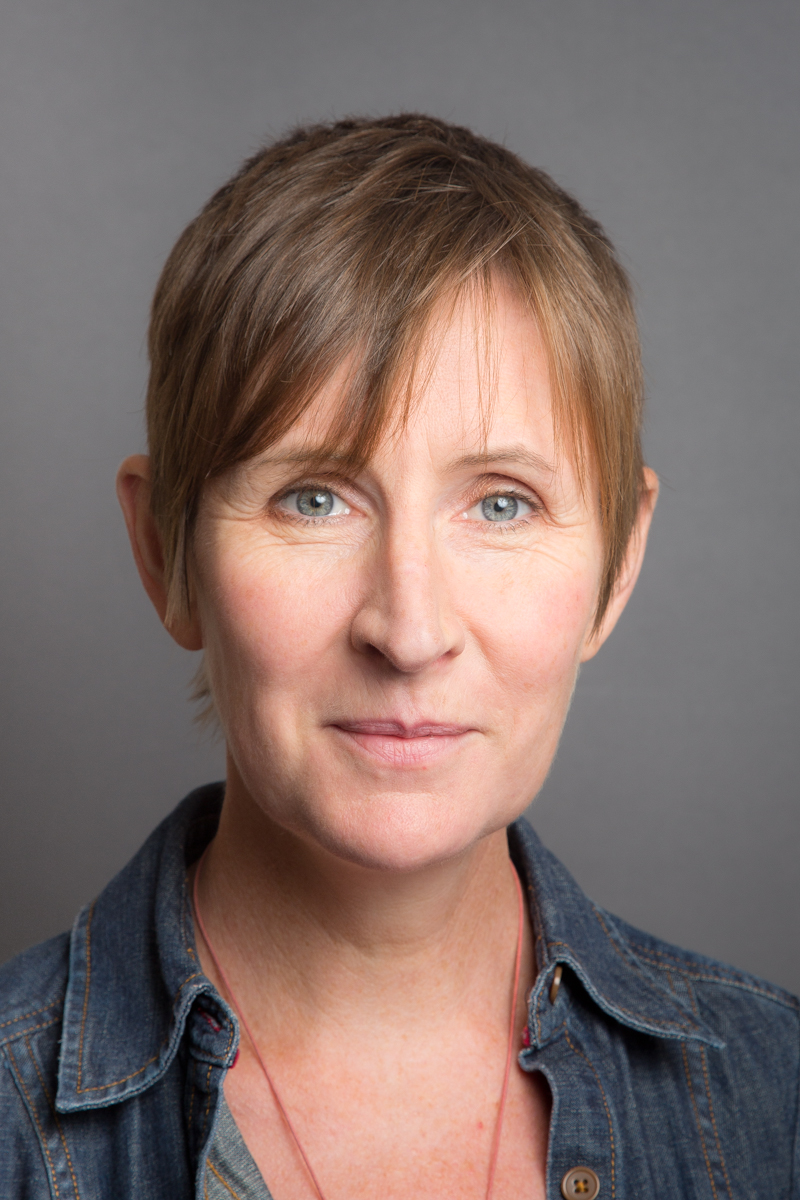Northern Care Alliance overcoming barriers to kidney research
What are we trying to do?
We are trying to find ways to make it easier and more attractive for people – especially people from ethnic minorities – to become involved in kidney research.
Why is this important?
Kidney disease is a common condition that affects around 1 in every 10 adults over the age of 35 years. People from ethnic minority communities are more likely to be diagnosed with kidney disease but are less likely to take part in and become involved in, research.
There are certain things that can make research involvement for ethnic minorities more difficult. These include differences in communication needs, not having a good understanding of research and concerns that research would interfere with their care.
We believe that if we can address these factors, we can help more people living with kidney disease to take part in research. This means that we could improve the health and wellbeing of people from ethnic communities with kidney disease.
How are we doing it?
We want to better understand and address why people are not getting involved in kidney research, so we are going to:
- Train a group of patients from ethnic communities to become ‘research ambassadors’.
- Work with our research ambassadors to interview people living with kidney disease from ethnic minority communities.
- Use these interviews to find different ways of helping people from ethnic communities to take part in research, developing a new ‘Approach for Research’.
We will see if the research ambassadors can successfully encourage kidney patients in our centre to take part in 2 projects:
- The Salford Kidney Study
- Signing up to a database (Research for the Future)
We will compare the number of patients taking part in these projects before and after the research ambassadors are involved.
We will test this with kidney patients but if this works, the same approach could be used for people living with other health conditions, such as cancer, diabetes, and heart disease.
We will share our findings with patient groups, charities, healthcare professionals, and researchers in written reports, presentations and on social media.
Who are we working with?
Funding information
This study is funded via the NIHR Research for Patient Benefit programme (Award ID: NIHR205362)
More information

Programme Manager
Gill Rizzello
gill.rizzello@manchester.ac.uk